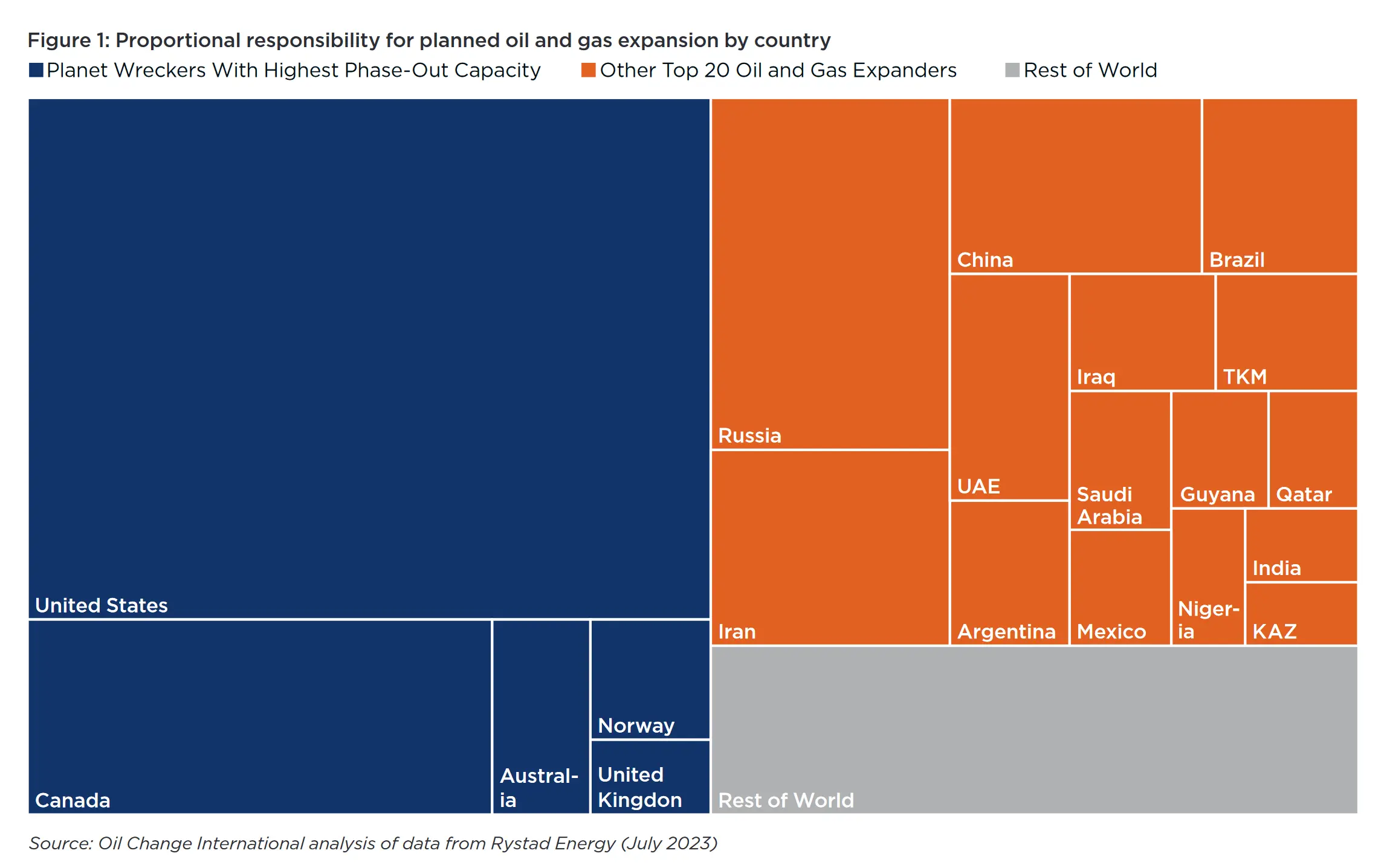this post was submitted on 14 Sep 2023
28 points (96.7% liked)
Climate - truthful information about climate, related activism and politics.
5808 readers
1182 users here now
Discussion of climate, how it is changing, activism around that, the politics, and the energy systems change we need in order to stabilize things.
As a starting point, the burning of fossil fuels, and to a lesser extent deforestation and release of methane are responsible for the warming in recent decades:

How much each change to the atmosphere has warmed the world:

Recommended actions to cut greenhouse gas emissions in the near future:

Anti-science, inactivism, and unsupported conspiracy theories are not ok here.
founded 2 years ago
MODERATORS
you are viewing a single comment's thread
view the rest of the comments
view the rest of the comments

Almost everything you buy is produced using fossil fuels to extract the raw materials, transport the materials to a factory, power the factory, and transport it to you.
Buy less stuff. Buy stuff used, that is recyclable, or sellable/donatable.
Buy quality. E.g. pima cotton shirts, 50 year shingles or metal roofing instead of 25 year shingles, mid-high end compute devices. Quality costs a little more up front but will save $$$ and GHG in the long run. It also works better. I have found the biggest bang for buck is building materials. When I replaced my roof, 50 year shingles over 25 only increased a 5 figure project cost by 500 dollars and cut in half the cost of roof replacements over time. If 25 year roofs were eliminated, we probably cut the GHG from shingle production by some double digit percentage.
Compute devices are a bit of an outlier. They age due to software and if you do not need specific high demand programs, but just a general office computer, just go with Linux. The other big one is to buy second hand or just get stuff second hand from other people. If you live in a rich country it is easy to get some really nice stuff for nearly free, especially if you have some skill fixing things.
That being said a lot of it does not come down to consumer choices, but is about large scale political decisions. Quality urban planning allows for car free living in a relativly small flat, a green electricity grid reduces emissions by a lot, district heating can provide green heating for cheap, right to repair laws make products last longer and so much more. Generally speaking you can about half your emissions compared to the regions average you are in with relative ease, more and you have to really push.